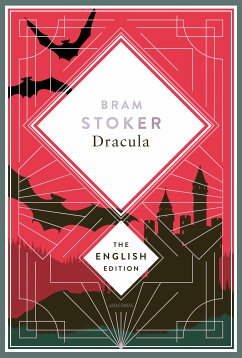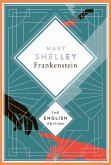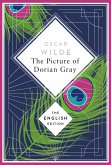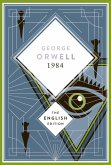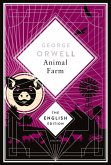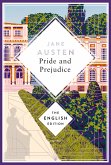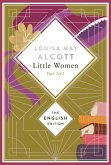The figure of Count Dracula is one of the most famous literary characters in the world. Ever since the vampire novel "Dracula" by Irish writer Bram Stoker was published in 1897, it has been hard to imagine literature and film without it. Cinema, in particular, quickly discovered vampires for itself in a visually stunning way - but this has not detracted from the genuine qualities of the literary original. To this day, Stoker's novel about the young lawyer Harker and the demonic undead Dracula is an eerily beautiful reading experience.
- »The strength of the vampire is that people will not believe in him..« Van Helsing in Dracula
Dieser Download kann aus rechtlichen Gründen nur mit Rechnungsadresse in A, B, BG, CY, CZ, D, DK, EW, E, FIN, F, GR, HR, H, IRL, I, LT, L, LR, M, NL, PL, P, R, S, SLO, SK ausgeliefert werden.

